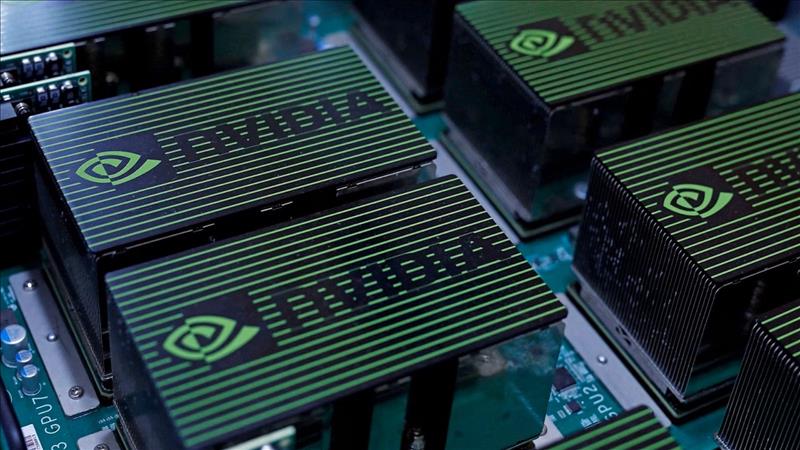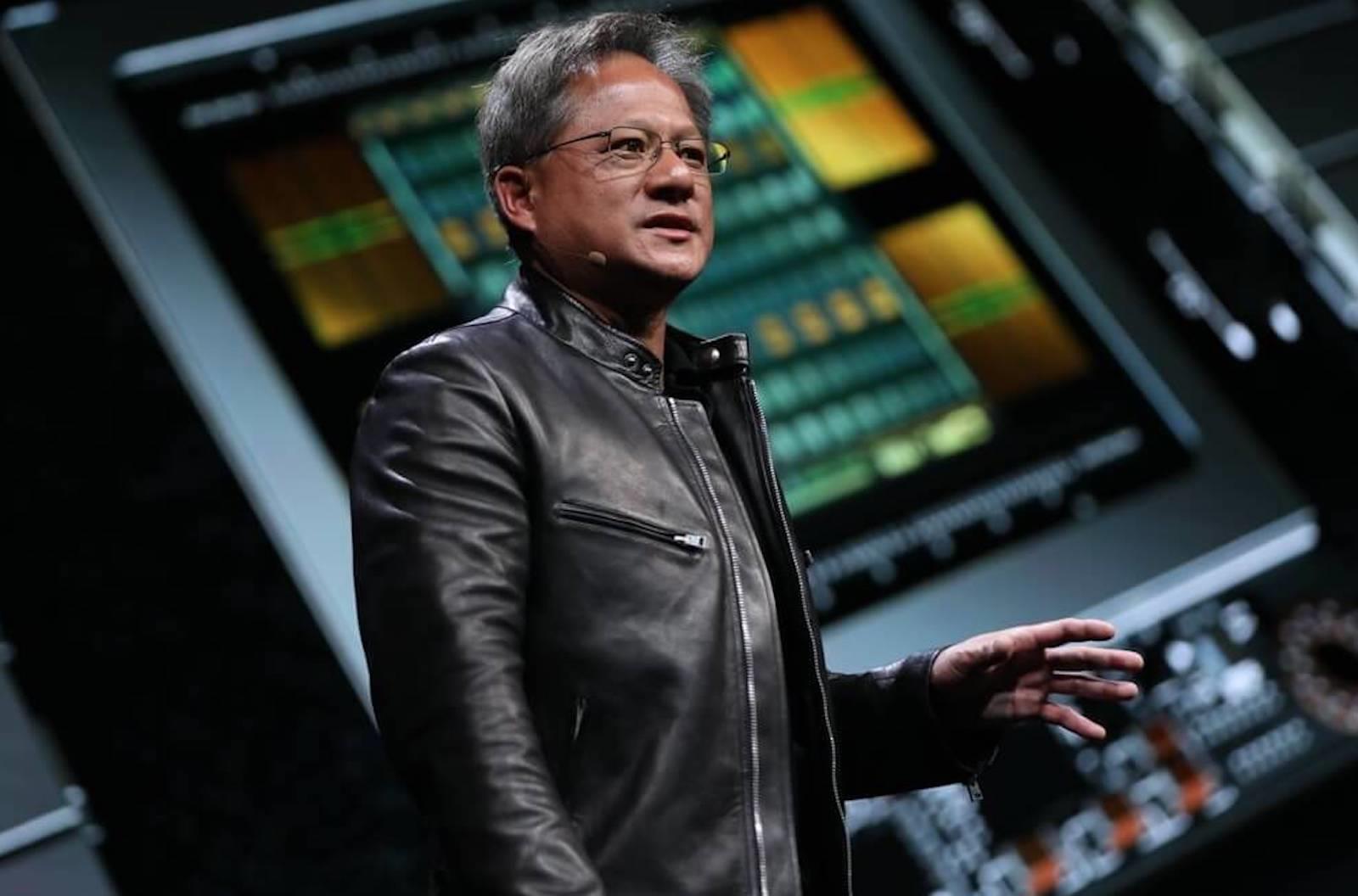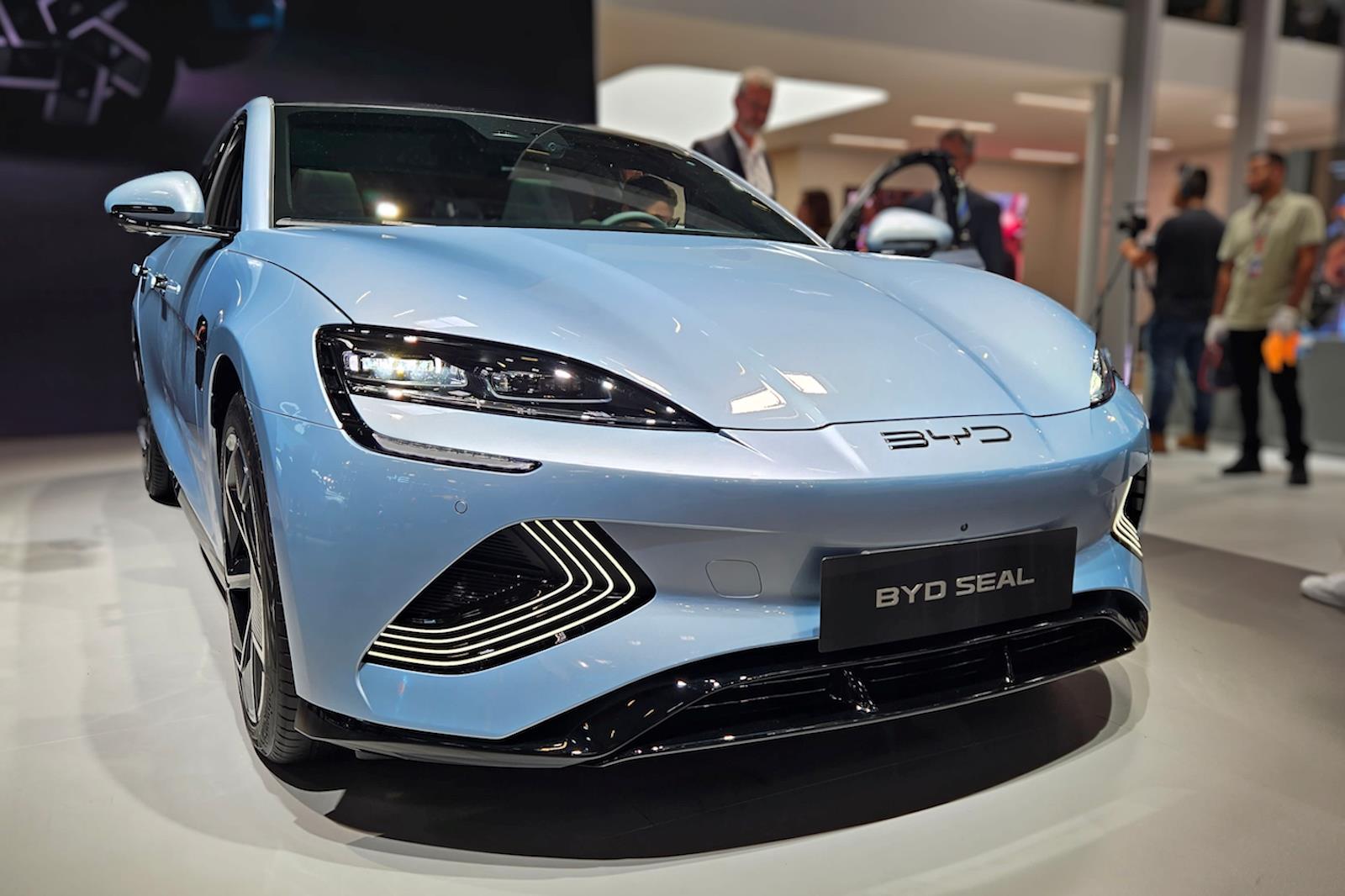
Nvidia Streets Ahead Of China In AI Chip Race
In a two-hour excursion to the frontiers of artificial intelligence, Huang introduced the company's new Blackwell AI processor, which he said“will be the most successful product launch in our history.”
Named for US mathematician David Blackwell, the Blackwell B200 graphics processing unit (GPU) has 208 billion transistors compared with 80 billion for its Hopper H100 predecessor and is five times faster. The H100 has several times more computing power than the H20 that the US Commerce Department still allows Nvidia to sell in China.
The result of two rounds of enforced dumbing down, the H20 is being rejected by Alibaba, Baidu, Tencent and other Chinese cloud computing companies in favor of Huawei's Ascend and other Chinese-designed AI processors, which are as good, or almost as good, without the risk of being subject to future sanctions.
But despite their impressive indigenous efforts, the Chinese are falling behind in the race to develop more powerful AI processors. Blackwell GPUs are scheduled to ship later this year to Amazon, Dell, Google, Meta, Microsoft, OpenAI, Tesla and other customers outside China.
They are made by TSMC using 4nm process technology based on ASML's EUV lithography, which is not available in China. The same day as Huang's presentation, TSMC and Synopsys announced they are going into production with Nvidia's cuLitho computational lithography platform, which uses GPU-accelerated computing and generative AI to accelerate IC fabrication.

Legal Disclaimer:
MENAFN provides the
information “as is” without warranty of any kind. We do not accept
any responsibility or liability for the accuracy, content, images,
videos, licenses, completeness, legality, or reliability of the information
contained in this article. If you have any complaints or copyright
issues related to this article, kindly contact the provider above.
























Comments
No comment